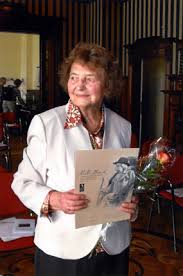As close as the great man ever came to missing the flight.

As close as the great man ever came to missing the flight.

Meet Simon Gronowski.
As a boy he jumped off a train to Auschwitz, where the rest of his family were murdered.
Today, he uplifts the morale of his neighbours in Brussels, playing jazz from an open window in lockdown.
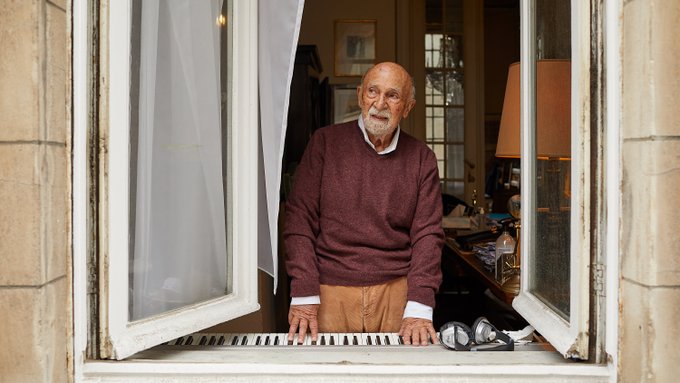
Simon is 89.
Having cancelled one Christmas recital this month, he’s jumping in with another on December 22.
Probably with audience.

The Danish Radio Symphony Orchestra has been engulfed by multiple claims of sexual abuse, some of them fairly recent.
Here’s a news report.
Here’s a direct accusation.
And here‘s its direct rebuttal by the person accused. It’s to do with bassoons.
Danish is getting a bad name.

The BBC has clarified a new policy that 20 percent of all on-screen talent and production staff must be Black, Asian or minority ethnic, have experience of disability; or be of low-income background.
The policy is effective immediately and applies to every new commission from scripted and unscripted teams across drama, comedy, factual (including the Natural History Unit), factual entertainment and entertainment.
If it were applied to Radio 3, the classical station would be taken immediately off air. Likewise BBC orchestras.
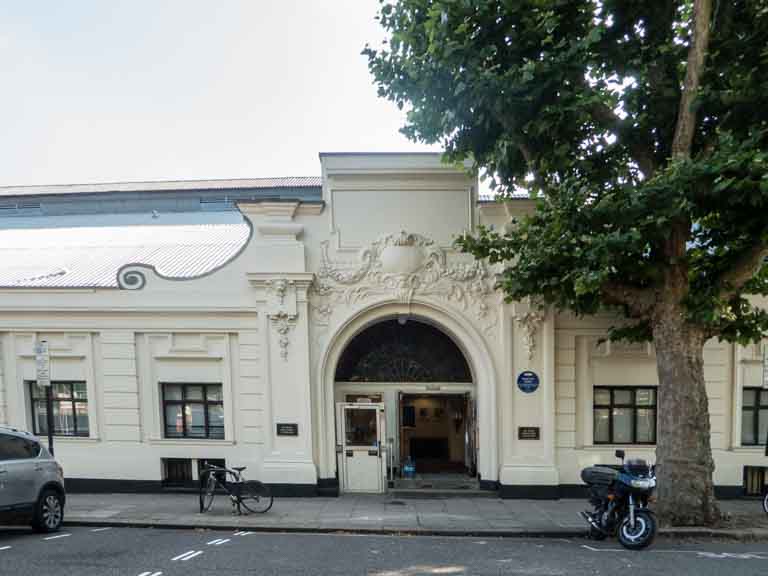
The formidable Irina Antonova, director of the Pushkin Museum for 52 years who enticed Sviatoslav Richter to play historic recitals in her hall, is being mourned by cultural Russians.
Antonova was th world’s longest seving museum chief.
The cause of death was Covid-19.
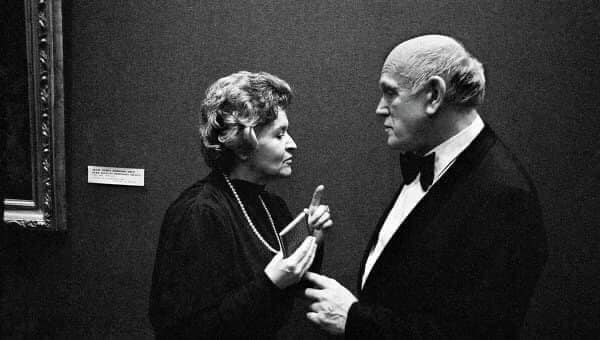
The Danish National Symphony Orchestra has received 612 applications from young conductors for the 2021 Malko Competition. Among them, 69 are from the US.
At least with Fabio Luisi chairing the jury the contest will be clean.
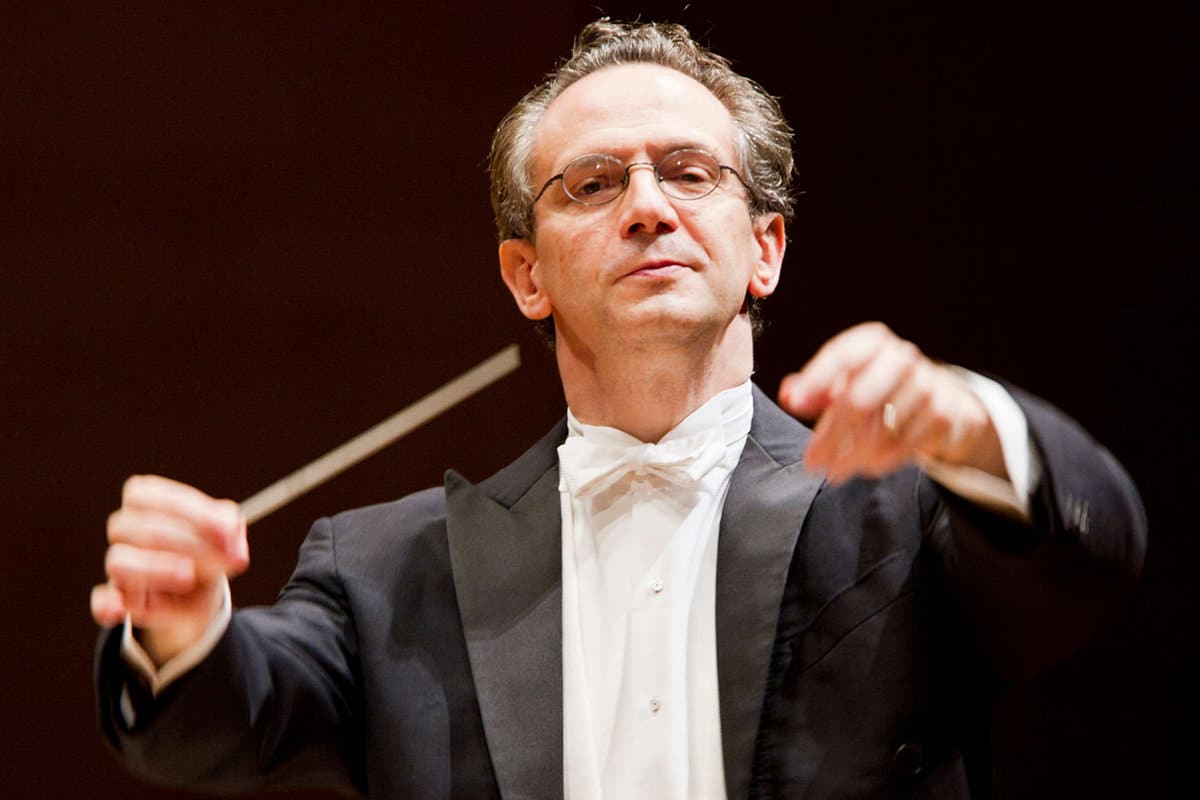
At a time when every orchestra around the world is trying to get its music out, Belgian unions have secured a court order agains the National Orchestra of Belgium prohibiting it from showing video recordings that have not been authorized by musicians.
The broadcasting authority had offered remuneration for each broadcast, but the unions declined it as too little.
The judgement hinges on the legal definition of what constitutes ‘an audiovisual work’. Details here.

Rumours are raging again that Sir Simon Rattle will be named music director of the Bavarian Radio Symphony Orchestra in succession to the late Mariss Jansons.
The orchestra’s management says there will be no statement on the vacancy before the new year, but it is widely suggested that Rattle has been offered the post and is weighing his options.
If he accepted the Munich offer, it would mean the end of his present job at the London Symphony Orchestra.
Doing nothing to dampen the rumours, Rattle has given this interview today to BR about maestros past and present:
BR-KLASSIK : When you think of Mariss Jansons, what do you miss most?
Sir Simon Rattle : When I think back to Mariss performances, I see the extraordinary pieces and composers, and then I keep realizing that Mariss found a way to disappear into the music. And by that I don’t mean that you couldn’t feel a personality – it was more like you could hear the character of the composer yourself. Mariss Jansons really served music. And the ego that every conductor has, dissolved in it.
BR-KLASSIK : Do you have an example of this?
Sir Simon Rattle : I remember a concert in Berlin where he conducted Brahms’ Second Symphony. After the first sentence I tapped his wonderful wife on the shoulder and say: “Irina, that was simply perfect.” And I don’t know if I’ve ever heard anything that I can say, without exception, was perfect. So maybe I miss this self-surrender and humility the most.
BR-KLASSIK : If you stand in front of the Bavarian Radio Symphony Orchestra yourself – have you ever thought: If he could watch me now, what would he do?
Sir Simon Rattle : No, luckily I didn’t have moments like that. But of course a chief conductor leaves his fingerprint on the orchestra. It was the same with Rafael Kubelik, who can still be felt. But they miss Mariss Jansons very much in Munich, which is hardly surprising, because it was really a symbiotic relationship.
BR-KLASSIK : How can you hear these fingerprints of the former conductors?
Sir Simon Rattle : Kubelik combined humanity and character in an extraordinary way, which you can still feel in the orchestra today. He formed the body of sound with his personality. What Mariss leaves behind is his incredible feeling for refinement and the unconditional focus on the beauty of a round sound. You can feel that in every moment, which is very moving. Then when I conduct the orchestra I can feel how my friend is among us.
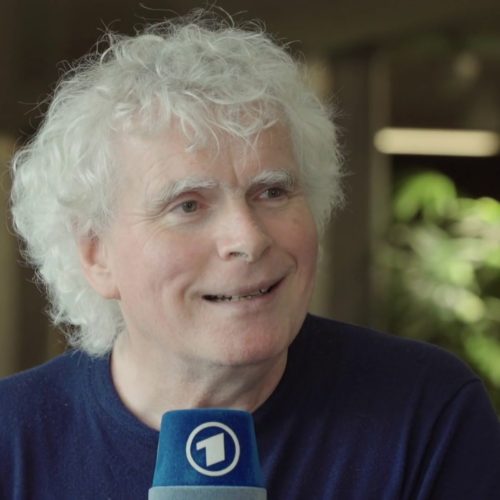
Work progresses on restoring the fire-damaged Paris Cathedral.
The latest information is that Christmas will not be cancelled.
The choir will sing on Christmas Eve – 20 singers, safely distanced – and an organ will be rented from a donor bank.
The conductor will be Henri Chalet, with soloists soprano Julie Fuchs and cellist Gautier Capuçon
.

The German musicologist Hella Brock died yesterday at a distinguished age. She pursued original work on Edvard Grieg while living in the GDR and teaching at the Karl Marx University of Leipzig.
She was not allowed to visit Norway until 1985, by which time she was fluent in Norwegian.
